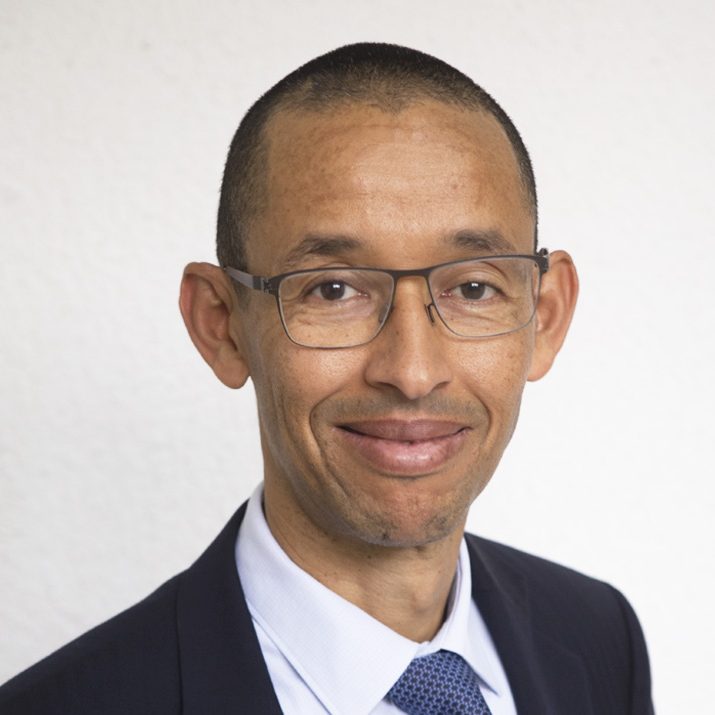Kigali: Smart City and Vision of Innovation
The vision of Smart City and smart city adopted in Rwanda is that of cities where public authorities and citizens use data, information, and knowledge to co-create a sustainable and resilient future.
This requires data-driven city planning and management, efficient infrastructure and community services with innovations and local economic development. This vision is based on the innovative capacity of youth, rapid digital transformation, and political leadership.
Thus, Kigali has developed a reputation as a hub city in Africa for development based on new services and technological innovations thanks to this favorable environment, with public policies conducive to entrepreneurship and appropriate regulation.
With a mix of technological, strategic and collaborative models, Rwanda aims to build inclusive smart cities that reflect local values but also encourage the development of innovations.
How has Kigali succeeded in fostering a startup ecosystem?
Kigali has developed a reputation as a hub for innovation and entrepreneurship in Africa. A startup ecosystem is structured around labs and coworking hubs that host entrepreneurs, support programs, and events.
Some serve solely as workspaces, offering internet access and meeting rooms, while others also offer incubation programs.
To date, among the most active hubs in Kigali are the kLab, the first space opened in 2012, the Impact Hub, and the Westerwelle Startup Haus. These hubs form an ecosystem that fosters the sharing of experiences and supports innovative initiatives.
The existence of this ecosystem is beneficial to the emergence of new projects led by new startups and the upskilling of young people because they can easily exchange and communicate with their peers.
The existence of all these hubs has also helped position Kigali as a leading destination in Africa for organizing conferences, particularly in the tech sector.
Today, Kigali is the second African destination for the number of international conferences organized after Cape Town, and it is becoming increasingly attractive. The proliferation of incubation programs supported by public institutions and international donors, with particular attention paid to seeking capital and investors within these hubs, encourages the launch of new projects.
Within the various hubs, all sectors are involved: health, agriculture, transport, fintech, etc. So many projects have brought innovations that are useful to society.
This favorable environment has enabled the emergence of numerous flagship startups that now provide services that simplify the daily lives of many Rwandans.
The example of startups AC Group and Zipline
One of the leading examples is the startup AC Group, founded by Patrick Buchana Nsenga and launched within the kLab in 2015. The company develops a technology that is now used across all public transportation systems in Kigali. This system, called "Tap & Go," has made it possible to dematerialize all bus fare payments using a payment card that can be recharged at all bus stops.
This innovation has enabled local authorities to collect more accurate information on the number of people using public transportation and the number of trips they make per day. It also facilitates queue management for ticket payments and speeds up bus boarding. This system contributes to fulfilling the objectives of the city of Kigali to be a smart city.
Thanks to the success of Tap & Go in Kigali, AC Group has exported its system to Cameroon and Kenya. This risk-taking by public stakeholders in entrusting a service to a local startup is a strong signal of support for technologies developed on the African continent to solve the challenges posed by urban growth.
The public authorities' desire to create an environment conducive to innovation has also led to the establishment in Rwanda of the American startup Zipline, which delivers blood using drones. Today, this innovation is saving lives and has brought real progress to Rwanda's healthcare sector.
Umuganda: Rwandan Local Culture Serving Digital Technology
One of Rwanda's strengths in integrating digital technology into the development of its cities is the anchoring of digital transformation in local values and culture. Indeed, the importance of community spirit is reflected in the digital revolution initiated to transform the country's economy.
One of the key examples is the case of digital umuganda. Umuganda is one of the core values of Rwandan society; it corresponds to a monthly community day during which everyone must contribute to the construction or renovation of common infrastructure.
Typically, umuganda involves cleaning streets, building dikes, or renovating public buildings such as schools or administrative offices. Due to its significant environmental and social impact, this tradition has inspired many other African cities, including Kinshasa and Johannesburg.
However, in the digital age, public institutions are seeking new forms of umuganda to implement actions compatible with new technologies and the population's new skills.
Thus, the digital umuganda project was created, which addresses the need to develop shared digital tools and services, such as datasets of public interest. For half a day per month, coders work to consolidate datasets or develop applications that could be useful to everyone. These practices encourage digital literacy in society.
E-government and strengthening public institutions
Finally, transforming Kigali into a smart city also requires strengthening public institutions with the implementation of e-government tools.
Since 2015, the online government platform "Irembo" has been born from a public-private partnership between the Rwandan government and Rwanda Online Platform Limited. It operates nationwide to carry out all types of administrative procedures. It offers nearly a hundred online services accessible to all citizens, using mobile payments for all services offered, including the payment of taxes and requests for administrative documents.
The next step would therefore be the creation of citizen relationship management platforms to enable citizens to be more active in public life and to assist in the transmission of information from the municipality.
The possibility of social engagement and citizen ownership of new tools are also pillars of building smart cities, where resident participation is a prerequisite for the development of more inclusive and sustainable societies.
In conclusion, Kigali is transforming into a technological hub recognized in Africa as much for the dynamism of its innovation ecosystem as for its progressive policies in terms of new technological services for its citizens.

Bernard
We have a new category #smartcity ????️ on the Do4Africa website! Discover all the projects in mobility ????, urban services????, development ????,...➡️ here https://t.co/zplkuMKw8O @TactisAfrica @TACTIS_group @RealSmartAfrica pic.twitter.com/JDGmxe4ypG
— Digital Observer For Africa (@do4_africa) November 13, 2019
Contact Bernard Binagwaho
Hello, do you have a question about Tactis's activities in Africa? Need clarification regarding a future project? Send an email to Bernard Binagwaho, Director of Africa and the Middle East at Tactis.

